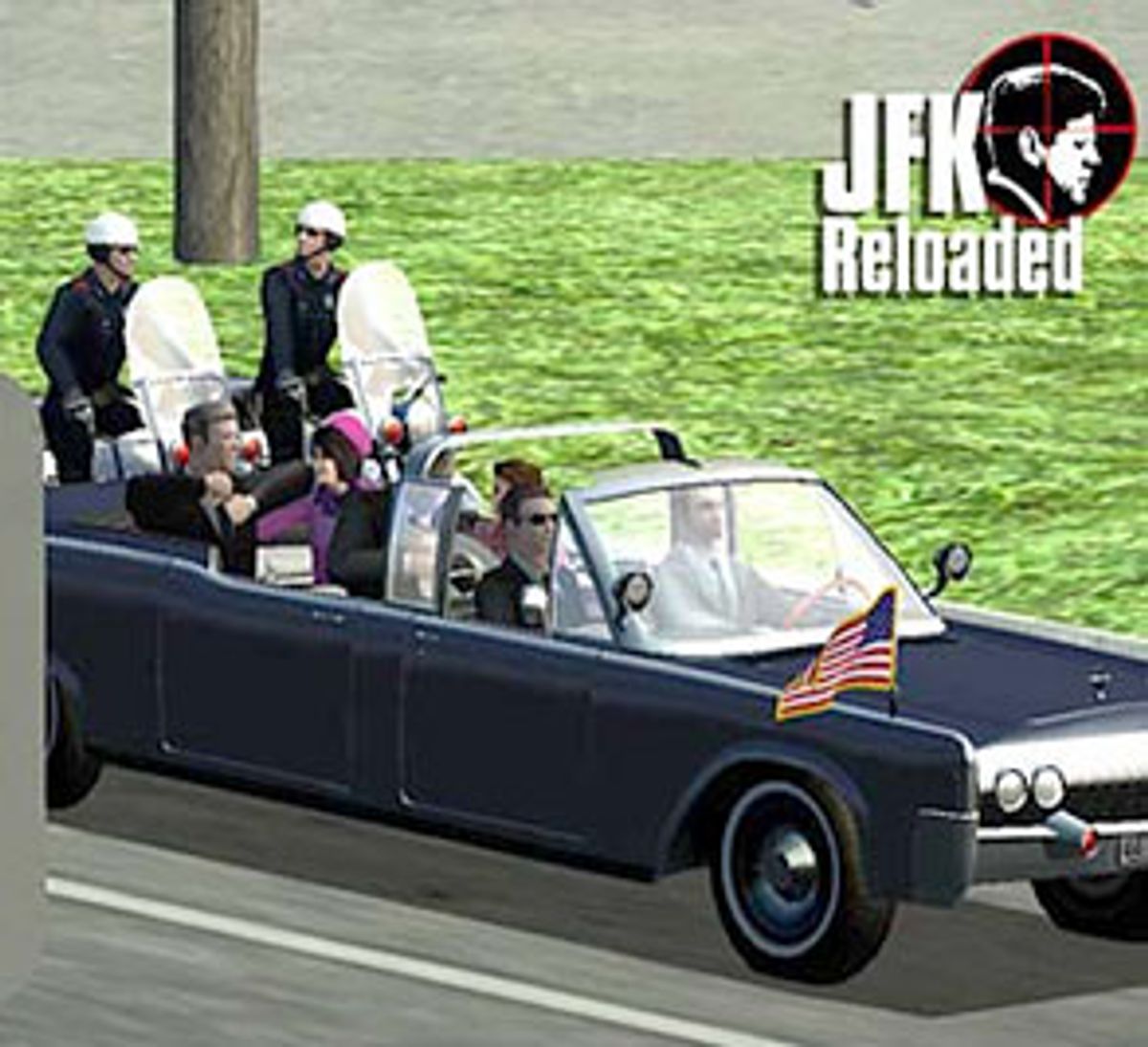
Kevin Schut (2007), Ryan Lizardi (2014), Marcus Schulzke (2013), and William Uricchio (2005) similarly offer that historical games can expand the possibilities of historical narrative beyond what is prescribed in orthodox stories of the past. Elliott and Matthew Wilhelm Kapell (2013), for example, emphasize the contingency of history as presented in videogames, a medium that rejects the inevitability of the historical past in favour of more open-ended narrative possibilities. Game Studies scholars have recently attended to videogames’ representations and simulations of history, often exploring how videogames afford different ways of engaging with the past than other media provide. Even if histories’ constructions emerge from mass-mediated representations of past events, these prosthetic memories can feel as real as if we had been eyewitnesses and can thus interpolate our historical knowledge and visions of politics.Īlthough Kennedy’s death has predominantly been featured in film and on television since the mid-1960s, his assassination has more recently been incorporated into videogames, a medium newly concerned with historical representation. Prosthetic memories arise from a process in which an individual does not simply encounter an historical narrative, but “takes on a more personal, deeply felt memory of a past event through which he or she did not live” (Landsberg 2004, p.

These representations construct what Alison Landsberg (2004) describes as “prosthetic memories,” or visions of the past that are facilitated by the repetition of artificially created historical moments through media. The unknowability of this significant historical moment has led to myriad media representations across genres that feature Kennedy’s death, from light-hearted parodies of the assassination on the 1990s sitcom Seinfeld to Oliver Stone’s controversial JFK (1991), a film that many critics argued promoted conspiracy theories and lies at the expense of historical truth. Kennedy’s assassination: “Why, after 48 years, are people still quarrelling and quibbling about this case? What is it about this case that has not led to a solution, but to the endless proliferation of possible solutions?” Half a century later, the story of Kennedy’s death remains contested. In a recent New York Times editorial, celebrated documentarian Errol Morris (2011) pontificated about the open-endedness of historical narratives surrounding President John F. History, violence, first-person shooter, Call of Duty, historical memory, truth, guns Due to that emergent historical uncertainty, the production of historical knowledge through Reloaded and Black Ops does not solely emerge from games and gameplay, but from extratextual dialogue and debate that extends beyond the games themselves.

Although scholars have linked diegetic violence, clear narrative progression, and the oversimplification of historical events in FPS games, I illustrate that the specific type of diegetic violence these games afford thwarts comprehensibility of the historical narrative of Kennedy’s death by limiting how players experience and control violent acts.

I provide narratological and ludological readings of two first-person shooter (FPS) games that invite players to experience President Kennedy’s assassination- JFK:Reloaded (released in 2004) and Call of Duty: Black Ops (released in 2010)-as well as other players’ accounts and interpretations of their gaming experiences gleaned from online forum posts, focusing on the way violence is constructed within both games.

In this article, I consider whether videogames that have engaged with Kennedy’s death have similarly opened up this historical narrative to reinterpretation. Consequently, the assassination has been explored through literature, film, and television-and, more recently, videogames-in ways that have generated countless alternate historical narratives, unsettling the possibility of determining what actually happened to the President half a century ago. Kennedy’s death in 1963, a story still mired in uncertainty and disinformation. “There Has To Be More To It”: Diegetic Violence and the Uncertainty of President Kennedy’s Death by Carrie Andersen Abstractįew moments in American history are as contested and controversial as President John F.


 0 kommentar(er)
0 kommentar(er)
